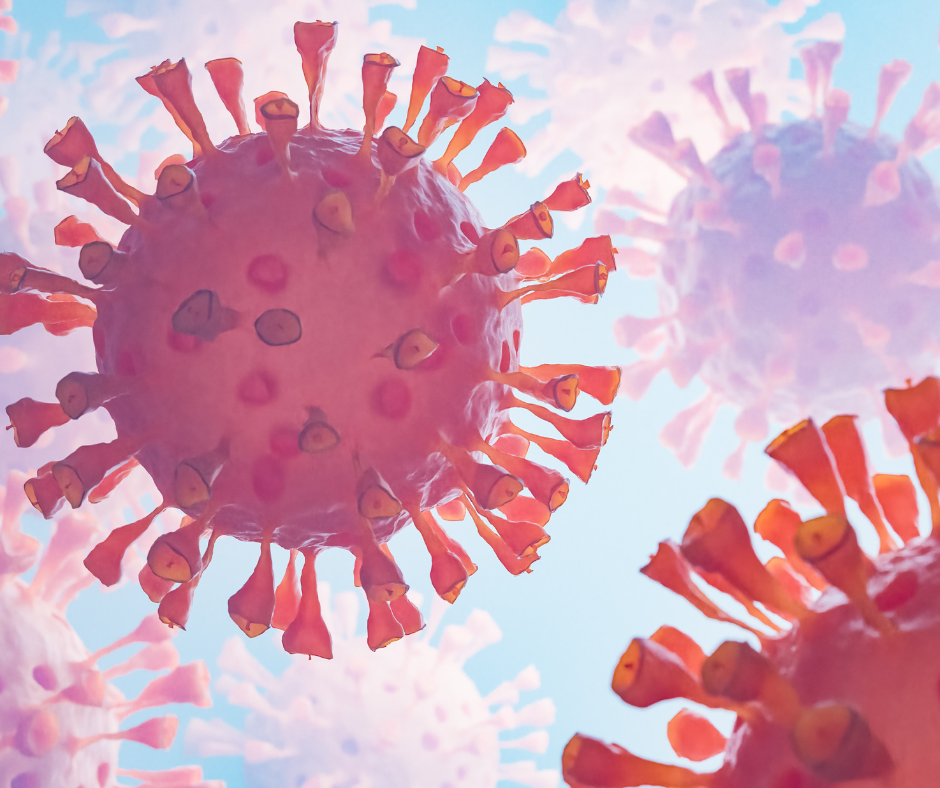
Why do we get autoimmune diseases?
1. What is leaky gut?
2. Avoid food toxins
Avoiding food toxins, such as artificial additives, pesticides, and processed ingredients, is crucial for maintaining optimal health and preventing long-term health issues. These toxins can disrupt the body’s natural processes, leading to inflammation, hormonal imbalances, and even chronic diseases. To minimize exposure, it’s important to choose organic produce whenever possible, as it is less likely to contain harmful pesticides. Additionally, reducing the intake of processed foods and opting for whole, unprocessed alternatives like fresh fruits, vegetables, whole grains, and lean proteins can significantly improve overall health. Substituting unhealthy options with nutrient-dense foods, such as replacing sugary snacks with nuts or fruits and swapping refined grains for whole grains, provides the body with essential vitamins, minerals, and antioxidants that support the immune system and promote long-term wellness. Making these conscious food choices not only helps avoid harmful toxins but also fosters a balanced diet that supports overall well-being.
3. Eat more whole foods
4. Heal your body from toxins
Healing from environmental toxins involves reducing exposure to harmful chemicals and supporting the body’s natural detoxification processes. Environmental toxins, such as pollutants, heavy metals, and chemicals found in plastics and cleaning products, can accumulate in the body over time, leading to various health issues like hormonal imbalances, chronic inflammation, and weakened immunity. To mitigate these effects, it’s important to minimize contact with toxic substances by choosing natural, non-toxic products for cleaning, personal care, and home use. Additionally, supporting the body’s detoxification pathways through a nutrient-rich diet, regular exercise, and adequate hydration can help eliminate these toxins. Foods high in antioxidants, like leafy greens, berries, and cruciferous vegetables, can support liver function and neutralize free radicals, while practices like deep breathing and sweating through exercise or sauna use can further aid in the detoxification process. By consciously reducing toxin exposure and enhancing the body’s ability to cleanse itself, we can promote healing and protect long-term health.
5. Avoid toxic relationships and develop healthy ones
Creating healthy relationships is essential for emotional well-being and personal growth. Healthy relationships are built on a foundation of mutual respect, trust, and open communication, where both parties feel valued and understood. It involves actively listening, expressing feelings honestly, and setting boundaries that honor each person’s needs and values. Healthy relationships also require effort, such as making time for one another, showing appreciation, and resolving conflicts constructively rather than letting issues fester. Moreover, it’s important to cultivate empathy and support each other’s goals and dreams, fostering a partnership that encourages both individuals to thrive. By nurturing these qualities, relationships become a source of joy, comfort, and strength, enriching our lives and contributing to our overall happiness.
6. Healing infections
7. Mitigate stress
Mitigating stress involves adopting strategies that promote relaxation, balance, and emotional well-being. One of the most effective ways to reduce stress is through regular physical activity, which helps to release endorphins, improve mood, and reduce anxiety. Mindfulness practices, such as meditation, deep breathing exercises, or yoga, can also help calm the mind, increase self-awareness, and create a sense of inner peace. Maintaining a healthy lifestyle by eating a balanced diet, getting enough sleep, and staying hydrated supports overall resilience to stress. Additionally, managing time effectively and setting realistic goals can prevent the feeling of being overwhelmed. Building strong social connections and seeking support from friends, family, or a therapist can provide a valuable outlet for stress relief. Finally, engaging in hobbies or activities that bring joy and relaxation can help recharge and maintain a positive outlook, making it easier to cope with life’s challenges.
8. Heal any traumas
9. Get moving
Sharing some helpful hints as always!
Adrienne
x o
Looking for some help to reverse your autoimmune symptoms naturally?
Nourish Your Way to Health – Cookbook
The Path to Reverse Multiple Sclerosis Naturally – paperback book
MS Warrior
Autoimmune diseases can be reversed

Brilliant article!